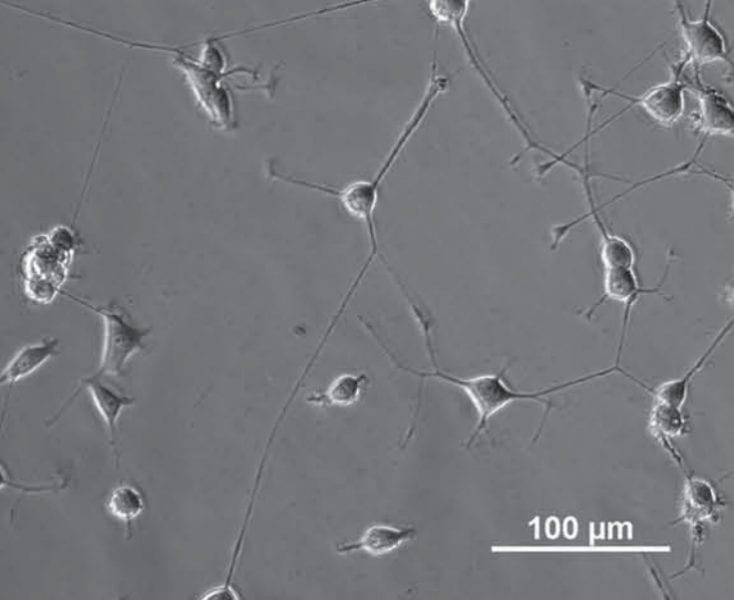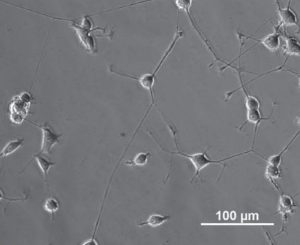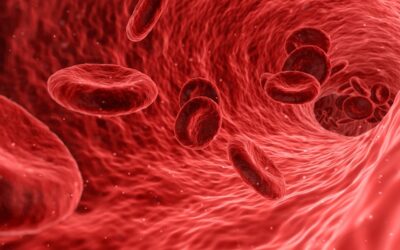The Pitt team, led by principal investigator Yadong Wang, a professor in Pitt’s Swanson School of Engineering and School of Medicine’s Department of Surgery, developed the platform using polymerization between acid and epoxide, a cyclic ether with three ring atoms.
“For the first time, we present a polymerization approach that is very practical and includes a wide range of starting materials, simple synthesis, and easy modifications,” said Wang. “This platform shows promise in the advancement of tissue engineering and drug delivery and could produce a variety of biodegradable and functionalized biomaterials.”
Wang and his team set out to address previous barriers regarding synthetics by designing a simple and versatile platform that yields functionalized polyesters with diverse physical, chemical, mechanical, and biological properties. More specifically, they focused on hydroxyl groups, a substructure of the water molecule. While using epoxides for another project, Yang and Pitt postdoctoral student Zhengwei You speculated as to what reaction might occur between acids and epoxides. The result was a versatile synthetic platform with easy-to-produce capabilities.
“To the best of our knowledge, this level of simplicity and versatility for a synthetic platform is uncommon,” said Wang. “Most of the reported synthetic strategies for functionalized polyester require elaborate preparation.”
In addition to possessing biomedical applications, this type of functionalized polyesters will enrich the current collection of compostable polyesters, which, Wang notes, comprise the most promising class of eco-friendly materials.


















